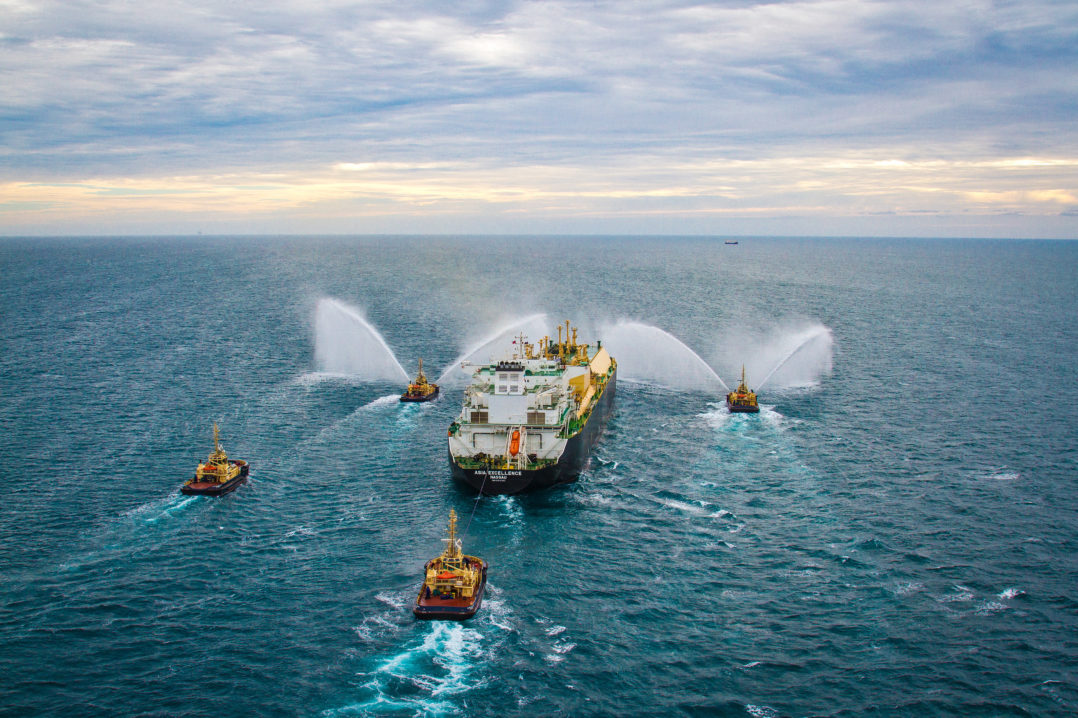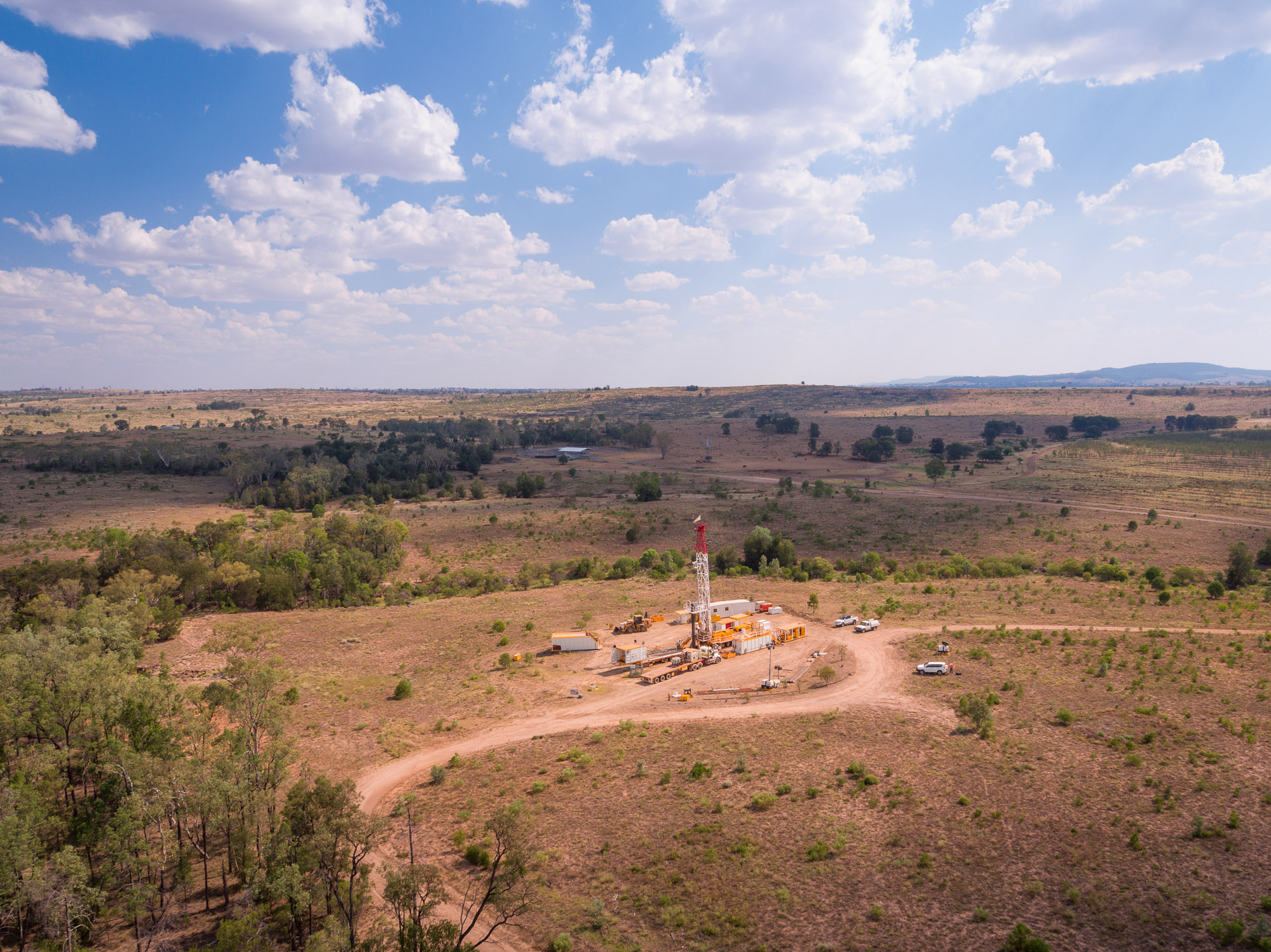The Australian Government should embrace measures for long-term business investment that will ensure sustained job creation and economic growth for Australia, according to APPEA’s 2021-22 pre-Budget submission.
Acknowledging the Government’s actions taken during 2020 and as part of the previous Federal Budget, APPEA has made a number of recommendations to the Government that build on the success of these reforms.
APPEA’s five key recommendations will help to create certainty for capital-intensive industries – including oil and gas – for sustained investment that will drive job creation, increase employment opportunities and promote domestic spending.

APPEA Chief Executive Andrew McConville said reforms from the Government’s 2020-21 Budget – including the temporary full expensing and loss carry back measures – helped to guide Australia out of recession by the end of 2020.
“The successful roll-out of these measures provided much-needed stimulus and a solid base for the Government’s Economic Recovery Plan. However, short-term, or temporary measures, will only provide short-term or temporary relief,” Mr McConville said.
“While there’s a focus on households driving recovery, the reality is these households won’t spend without secure, well-paying jobs. These jobs can be delivered from substantial and long-lasting investment in capital intensive projects such as infrastructure and resources.
“The opportunity through the 2021-22 Federal Budget is to ensure economic growth and job creation can occur through measures that target long-term business investment.”
Mr McConville said the Australian oil and gas industry was ready and fully committed to support the next phase of the Government’s economic recovery agenda.
“Establishing the right fiscal and policy settings and undertaking the reform needed will also help to create jobs, stimulate local economies and generate long-term government revenues. This will ensure Australia can create a positive, competitive and stable investment and operating environment,” Mr McConville said.
A recent EY report, commissioned by APPEA, showed under the right investment settings, the oil and gas sector could provide a $350 billion boost to the economy and more than 220,000 jobs over the next two decades.
“Importantly, there’s an opportunity for Australia to secure the next wave of billion-dollar industry developments and help to continue to power the nation’s economic recovery,” Mr McConville said.
“The benefits to the economy of well-structured and stable regulatory and fiscal regimes are well-known: over the past decade, more than $450 billion has been invested in Australian oil and gas projects, supporting around 80,000 jobs and raising more than $66 billion in taxation and resource rent payments.”
Mr McConville said as Australia competes for scarce global capital, we must have a best-in-class fiscal regimen, objective-based regulation, promote exploration and innovation in resources development and allow markets to work without intervention.
In summary, APPEA is urging the Government to focus on five key reforms:
- Encourage employment and job creation by making salary and wage costs immediately deductible for taxation purposes.
- Promote investment and domestic spending through investment allowances.
- Broaden the scope of the temporary full expensing measure to ensure business with a sustained track record of investment can invest with certainty beyond 30 June 2022.
- Remove barriers to economic restructuring through providing tax asset rollover relief.
- Improve investment and supply certainty by ensuring that taxation laws keep pace with modern commercial practices.
Mr McConville said: “The industry takes its long-term responsibility to continue to power Australian homes, businesses, hospitals, schools, and other industries including manufacturing very seriously.
“Industry’s contribution has already been significant and under the right fiscal and policy settings, the oil and gas industry can continue to grow and be an important pillar of the Australian economy.
“APPEA looks forward to continuing to work collaboratively with Government to secure regulatory and commercial conditions that enable this to occur.”




